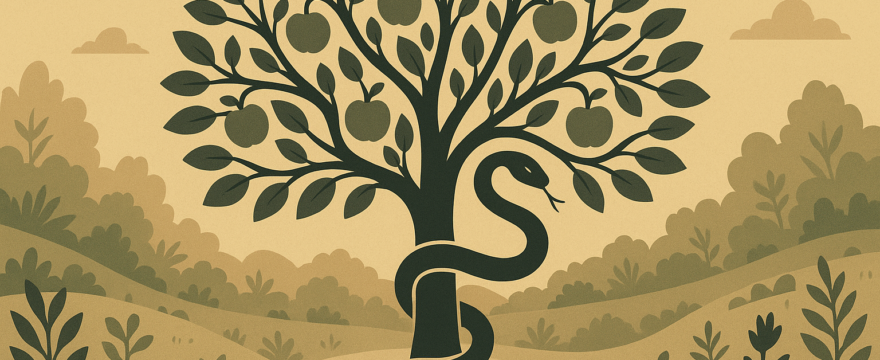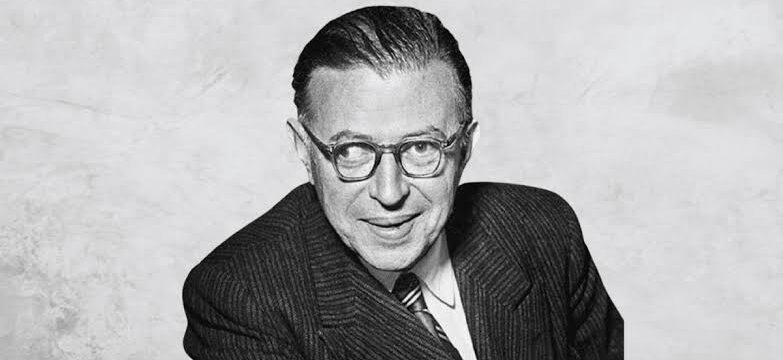Understanding General Revelation and the Lucifer Story When you say the word paganism, it conjures different images depending on your cultural background. For those raised in the 1980s, it may …
The Aseity of God and Our Glorification: Alastair Roberts and Owen Anderson on the Tree of Life
By Owen Anderson, Ph.D., Professor of Philosophy and Religious Studies, Pastor of Christ the King RP in Phoenix, AZ. Was the Serpent Right? A few years ago, I had a conversation with Alastair …
Reason in the Modern Age
As a discrete age in history, the modern age defines itself by its inability to solve the most challenging and basic problems facing humans. The Reformation raised challenges to the Roman Catholic …
The Concept of the Natural Moral Law as a Legal Theory
It takes time for belief systems to be lived out and their inadequacy revealed for all to see. The intellectual energy released in the attempt to fuse Aristotle and Christianity characterized the …
Continue Reading about The Concept of the Natural Moral Law as a Legal Theory →
Existentialism and the Rejection of Creatureliness
Sartre and other existentialists assert that existence precedes essence—that we first exist, and only then determine who we are. To them, true freedom means creating our own identity without any other …
Continue Reading about Existentialism and the Rejection of Creatureliness →
Why did he do that? Free will, laws, and chaos
My friend has a new favorite movie: Snow White. He’s seen it seven times—once for each dwarf. Now he’s conflicted… should he go again? He finally decided: yes, he’ll see it an eighth time, this time …
Continue Reading about Why did he do that? Free will, laws, and chaos →


